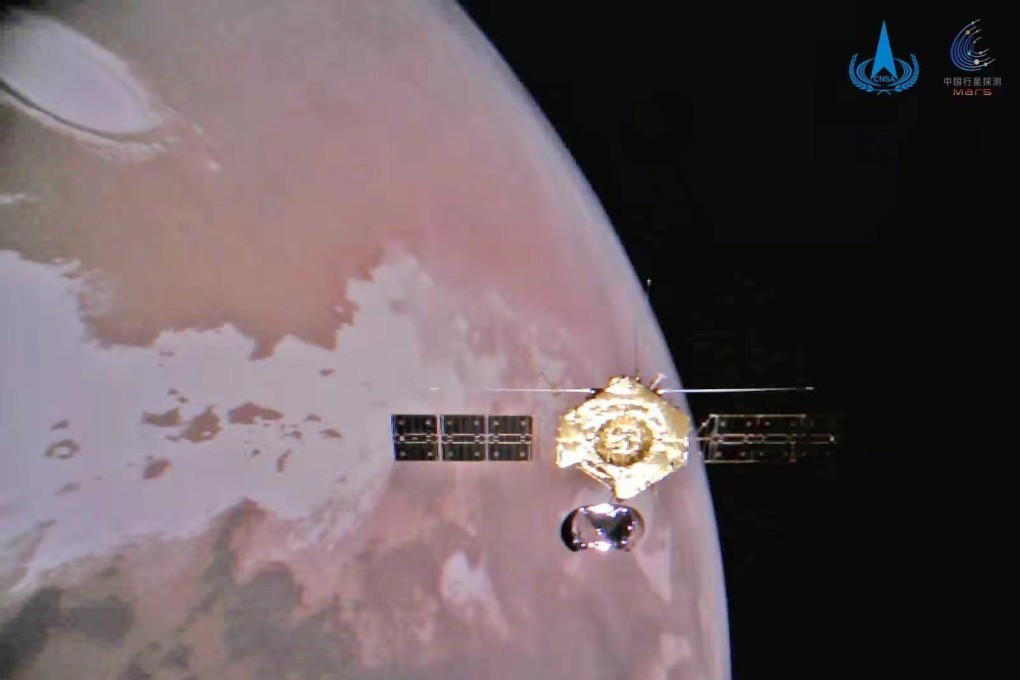Advertisement
Outside In | US’ lack of space cooperation with China is dangerous and counterproductive
- Chinese space progress, quite understandably, poses an existential challenge to the US
- But with the amount of space traffic and debris orbiting Earth, Washington’s decision to lock Beijing out of a space agreement is a route to future conflict
Reading Time:4 minutes
Why you can trust SCMP
19

In 1957, when Russia shocked the world with the launch of its first Sputnik satellite, Mao Zedong is said to have lamented that China could not even get a potato into space.
Sixty-five years later, President Xi Jinping’s “space dream” now includes three taikonauts at work in the near-complete space station Tiangong, or Heavenly Palace, orbiting 400km (248 miles) above Earth, and a Chang’e rover launch to explore the dark side of the moon.
China has put a Tianwen (Questions to Heaven) rover on Mars, and plans for a Xuntian (Survey the Heavens) telescope to be launched in 2024. It is also set to develop a 13,000-satellite broadband constellation. Missions to Venus and Jupiter are on the drawing board too.
Advertisement
There are visions of mining the moon and generating solar power in space, while leapfrogging the West in artificial intelligence, robotics and quantum computing. Mao would be proud, and probably much less concerned about potatoes.
One can understand why the United States, for so long the world’s paramount space power, feels that China’s space dream amounts to an existential challenge, and one of a growing list of reasons that underpin an urge to block China’s relentless rise and its access to the latest technologies.
Given the inherently dual-use nature of all space technology, there is little work done in space research and exploration that might not be perceived as a defence threat.
Advertisement
Select Voice
Select Speed
1.00x

